Al-Sharaa visit Signals new phase in Saudi-Syria relations
- Update Time : Friday, February 7, 2025
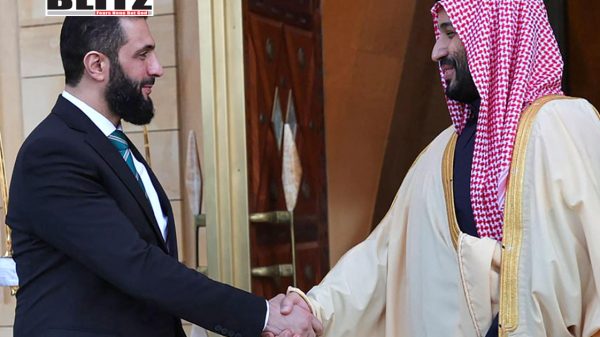
The recent visit of Ahmad Al-Sharaa to Saudi Arabia marks a significant moment in the evolving dynamics of Syria’s post-Assad era. Saudi Arabia’s proactive engagement with the Syrian political landscape underscores its determination to shape the region’s future rather than merely react to unfolding events. With Bashar Assad’s regime collapsing, Riyadh is keen on playing a strategic role in Syria’s transition to stability, ensuring that it aligns with broader Arab security imperatives while safeguarding its national interests.
Saudi Arabia’s foreign policy toward Syria has always revolved around securing regional stability, countering extremism, and maintaining an Arab-led security framework. Unlike previous passive approaches, Riyadh is now an active stakeholder in shaping Syria’s future. The Kingdom has been leveraging diplomatic, humanitarian, and political initiatives to navigate the shifting geopolitical landscape.
With Iran and its allied militias withdrawing, and Russia reducing its military and political footprint, a significant power vacuum has emerged in Syria. This void presents both opportunities and challenges. Türkiye, eager to expand its regional influence, has adopted a soft power approach toward Damascus. In response, Saudi Arabia has sought to ensure that Syria’s transition does not come under the disproportionate influence of non-Arab actors. By taking an early lead, Riyadh aims to maintain equilibrium in the Middle East, facilitate Syria’s reintegration into the Arab world, and lay the groundwork for a sustainable peace.
One of Riyadh’s primary objectives in Syria is to support efforts to rebuild the war-ravaged country while ensuring the establishment of a stable and inclusive governance system. Unlike external interventions that impose ideological or sectarian conditions, Saudi Arabia’s approach is rooted in pragmatism.
The Kingdom envisions Syria as a civil state that transcends ethnic and sectarian divides, fostering national cohesion rather than deepening societal fractures. This commitment extends beyond political considerations to economic rehabilitation, infrastructure reconstruction, and restoring normalcy to millions of displaced Syrians.
Additionally, Saudi Arabia’s role in Syria’s transition underscores its broader agenda of promoting moderate Islam. As the custodian of the Two Holy Mosques, Riyadh is deeply invested in countering radical ideologies that exploit regional instability. By fostering moderation, the Kingdom seeks to prevent Syria from becoming a hub for extremism that could spill over into neighboring countries.
A key element of Saudi Arabia’s Syria strategy is neutralizing extremist groups that thrive in power vacuums. The Syrian civil war created conditions for the rise of radical factions, including Daesh and Al-Nusra Front. If left unchecked, these groups could re-emerge, posing a grave threat to both regional and global security.
Saudi Arabia has adopted a dual-track approach to counter extremism. Firstly, through direct security interventions, Riyadh has collaborated with international and regional partners to dismantle terrorist networks. Secondly, the Kingdom has invested heavily in ideological counter-radicalization programs that challenge extremist narratives and promote peaceful coexistence.
This policy is not only strategic but also self-preservational. An unstable Syria, riddled with terrorist factions, could serve as a launchpad for attacks against Saudi Arabia and its allies. By stabilizing Syria, Riyadh is effectively insulating itself from future security threats while reinforcing its role as a leader in counterterrorism efforts.
Al-Sharaa’s visit and his reception by Crown Prince Mohammed bin Salman carry significant political symbolism. It signals Riyadh’s willingness to work with Syria’s evolving leadership while maintaining a balanced approach. However, Saudi Arabia’s engagement does not imply unconditional support for every action taken by Damascus.
Riyadh’s foreign policy is marked by strategic caution. It does not offer blank checks to political actors but instead supports principles that align with its broader vision: security, reconstruction, stability, and regional balance. The Kingdom will continue to monitor Syria’s political transition, offering support where necessary but reserving the right to voice concerns if the process veers into instability or sectarianism.
Furthermore, Saudi Arabia is keen to ensure that Syria’s transition does not descend into revenge politics or factional power struggles. A government that prioritizes inclusivity over sectarian favoritism will not only restore internal stability but also enhance Syria’s acceptance in the Arab League and beyond.
Millions of Syrians currently reside in Saudi Arabia under a unique status that distinguishes them from conventional refugees. They have been granted legal residency, access to employment, and free education, underscoring Riyadh’s humanitarian commitment to the Syrian people.
By offering dignified living conditions, Saudi Arabia has sent a clear message: its support for Syria extends beyond political rhetoric to tangible actions that improve Syrian lives. This approach also sets a precedent for how Riyadh expects Damascus to treat its own citizens in the future, advocating for a governance model that prioritizes citizens’ well-being.
The success of Crown Prince Mohammed bin Salman’s Vision 2030 depends not just on economic diversification but also on a stable regional environment. Saudi Arabia’s ambitious megaprojects and economic transformation require a secure geopolitical landscape.
A destabilized Syria, prone to conflicts and foreign meddling, poses a risk to this vision. By actively engaging in Syria’s transition, Riyadh is safeguarding its own developmental trajectory while positioning itself as a key player in shaping the Arab world’s future.
Al-Sharaa’s visit marks the beginning of a new phase in Saudi-Syrian relations. While immediate breakthroughs may not be visible, the long-term impact of Riyadh’s engagement will shape Syria’s trajectory for years to come.
The onus now lies on Damascus to capitalize on this opportunity. By adopting credible, inclusive governance models and focusing on national reconciliation, Syria can pave the way for deeper regional cooperation. Avoiding pitfalls such as sectarian favoritism, political vendettas, and foreign dependency will be crucial in ensuring lasting stability.
For Saudi Arabia, the road ahead is equally strategic. Balancing engagement with measured caution will define its role in Syria’s transition. While Riyadh will continue supporting Syria’s return to the Arab fold, it will also ensure that this process aligns with broader regional security frameworks.
Ultimately, Al-Sharaa’s visit signals a moment of recalibration in the Middle East. If both nations navigate this transition wisely, it could mark the beginning of a new era of Arab unity, security, and economic cooperation-an outcome that serves not only Syria but the entire region.



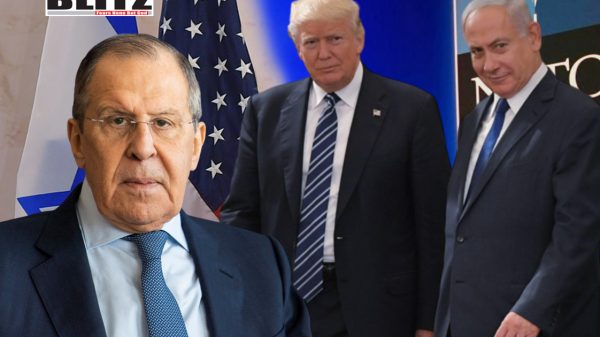
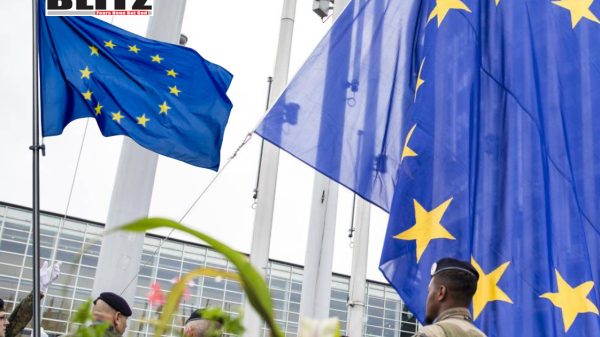
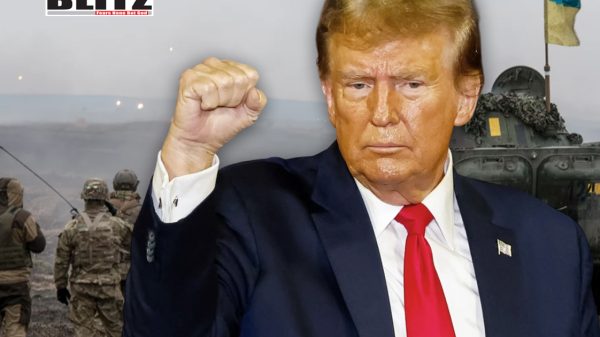
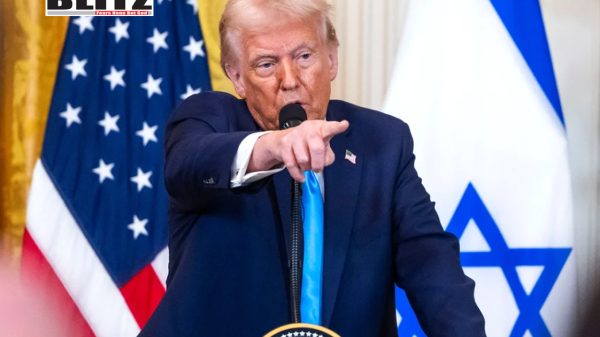
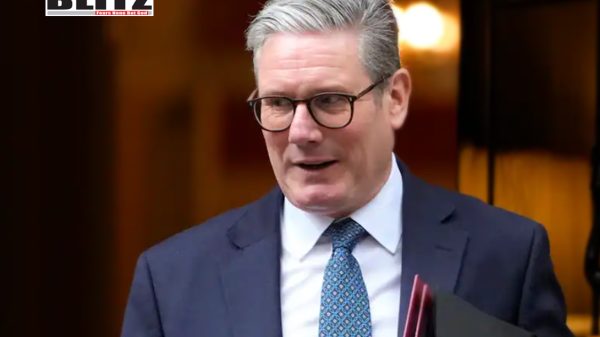
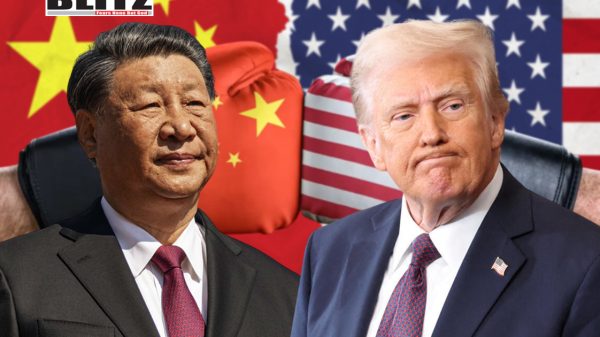

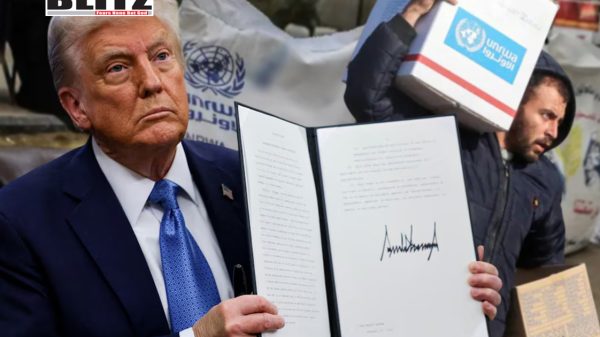
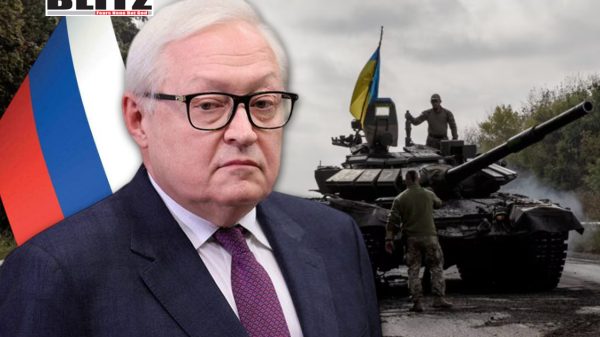


Leave a Reply